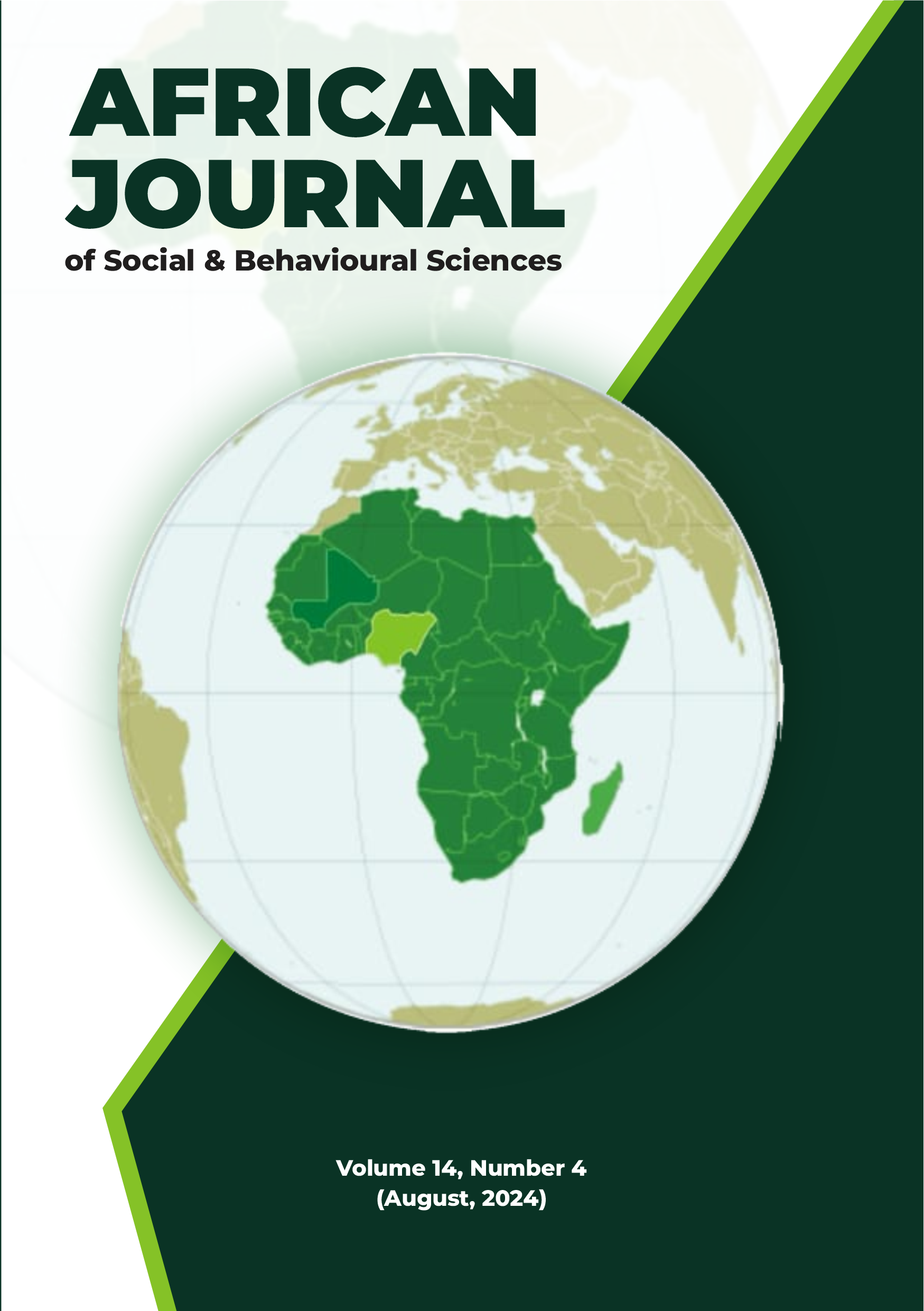AN APPRAISAL ON THE IMPACT OF GENDER INEQUALITY AND STEREOTYPES ON FEMALE PARTICIPATION IN POLITICS IN ANAMBRA STATE
Keywords:
Gender Inequality, Gender Stereotype, Political Participation, PoliticsAbstract
In an era of supposed progress and gender equality, the underrepresentation of women in politics remains a persistent issue worldwide, and gender inequality and stereotypes have been major contributing factors. This paper aims to investigate more deeply into the intricate web of factors contributing to this phenomenon, focusing particularly on the pervasive influence of gender inequality and stereotypes. This paper was guided by three objectives and was based on literature review to arrive at its findings. The study found that the causes of gender inequality and stereotypes against women in political participation include the historical context in which women are seen, socialization, media representation, institutional barriers and cultural norms and beliefs. It was also drawn for this paper that female inequality and stereotypes have led to low female participation in politics, which has resulted in female potential and untapped contributions to economic, cultural and social development. The paper also revealed that various measures can be used to curb female inequality and stereotypes, including political intervention, educational initiatives and grassroots movement. Based on the findings, it was recommended that inequality and stereotype affecting female participation in politics adversely be reduced through the promotion of gender-sensitive policies, educating and training of women on leadership roles as well as through media and awareness campaigns by government officials, educational stakeholders and media houses.


